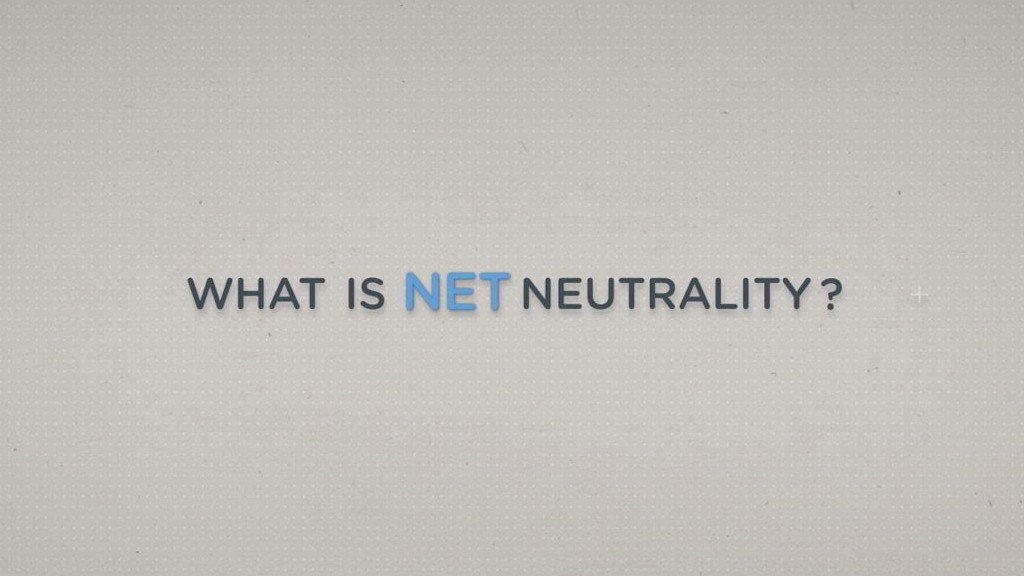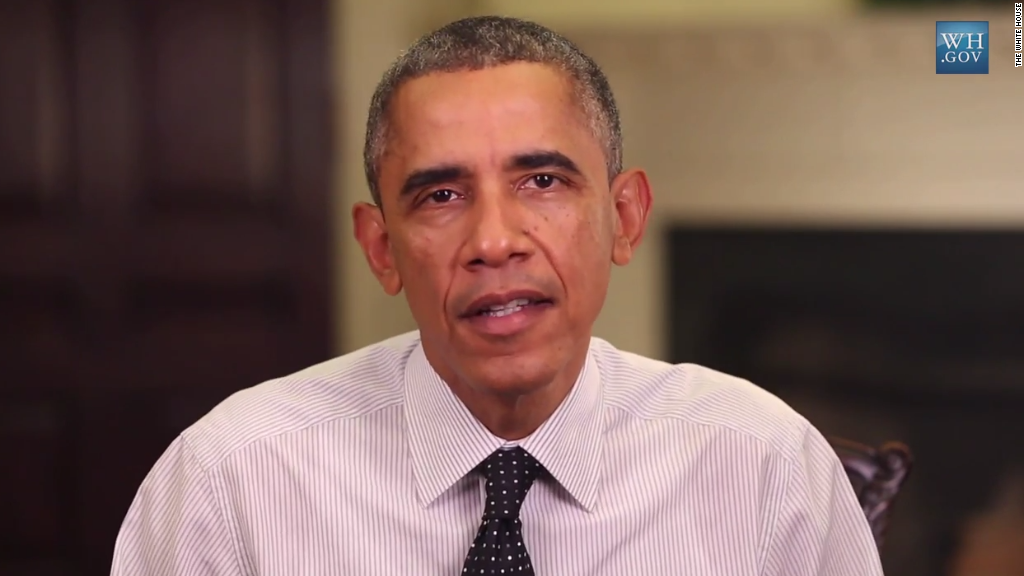
As promised, the nation's biggest cable and Internet companies on Monday sued to block the federal government's new net neutrality rules.
In February, the Federal Communications Commission passed a historic measure to more strictly regulate the Internet. The new rules stop Internet providers from blocking websites or charging extra for "internet fast lanes."
But broadband companies say they weren't doing that anyway.
Now the U.S. Telecom Association is asking a federal appellate court in Washington to review the FCC's new rules. The industry group -- which includes AT&T, Verizon and CenturyLink as well as many other smaller broadband providers -- calls the rules "arbitrary, capricious and an abuse of direction" in its court filing.
Alamo Broadband, a small telecom provider in Texas, filed a similar lawsuit.
This fight was absolutely expected. AT&T had already threatened a legal fight. Separately, Comcast did too, though the cable giant has yet to file a lawsuit.
In its lawsuit, the U.S. Telecom Association claims that the FCC is calling on outdated anti-monopoly rules written in 1934 to establish its net neutrality rules.
If enacted in their entirety, those rules would give the FCC supreme authority over the Internet. The FCC said it promises to only use some of its new authority to regulate the Internet. Telecom companies don't buy that promise, and they want to retain control over their networks.
Under the new rules, Verizon can't to block Google Wallet on your smartphone, like it did in 2011. Your phone carrier can't block tethering apps, which turn your phone into an Internet hotspot for your laptop or tablet. AT&T can't block video chatting apps. And Comcast can't slow down file-sharing websites, like it did to BitTorrent a few years ago.
But Internet providers fear over-regulation of the internet, which has been a model of liberty so far.
In a statement, U.S. Telecom executive Jon Banks said the new rules are a departure from "the FCC's previous light-touch approach," which led to "a decade of amazing innovation and investment."
In its upcoming lawsuit, U.S. Telecom is likely to rehash telecoms' long-held argument that private companies built the roads to the Internet superhighway -- and they have a right to charge tolls.
The new rules aren't etched in stone just yet. They haven't even made their way into the federal register, which would eventually make them official. That's why FCC spokesman Mark Wigfield called these lawsuits "premature and subject to dismissal."
Jennifer Bagg, a Washington telecom lawyer, expects this lawsuit to fail, because it's too early. But if the case is dismissed, she said telecoms will undoubtedly sue again.
If you feel like you've heard this song before, that's because this same scenario played out in 2010. The last time the FCC tried to implement net neutrality rules, Verizon sued to block them, ultimately winning the case in appellate court. If this upcoming legal fight is anything like the last one, it'll drag on for years.
Aside from these lawsuits, telecom companies have individually threatened to stop laying down cables, upgrading systems and expanding their networks.
But FCC Chairman Tom Wheeler is calling their bluff. And experts question this logic, especially in the case of Comcast (CMCSA). The company wants to merge with Time Warner Cable (TWC), a megadeal that's under review by the FCC. Comcast will need to keep to its 2014 promise to invest in its network.


